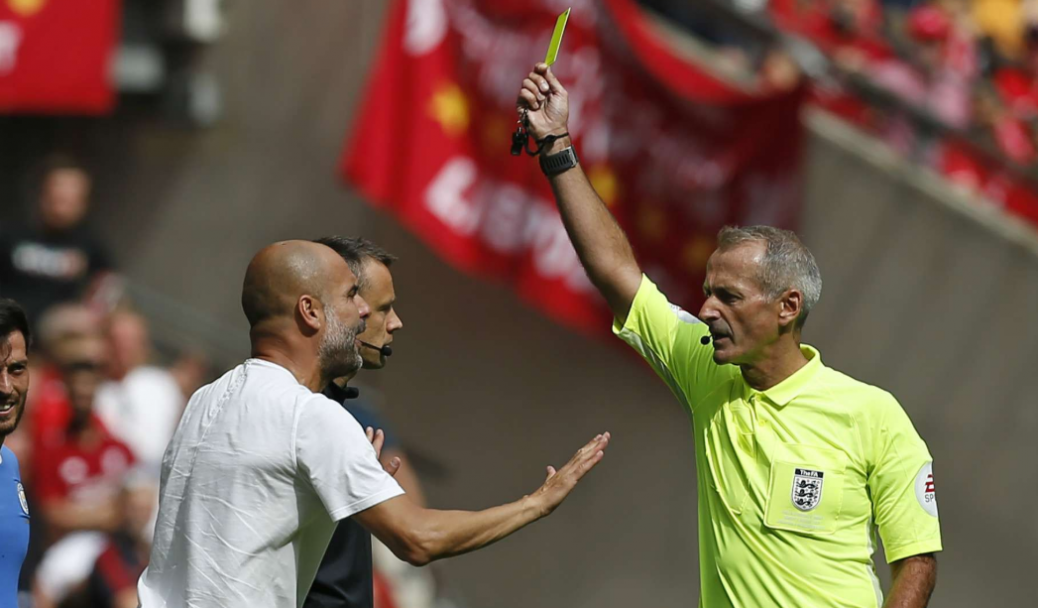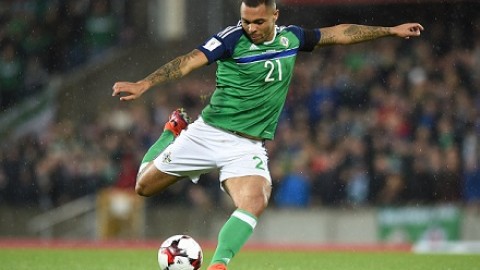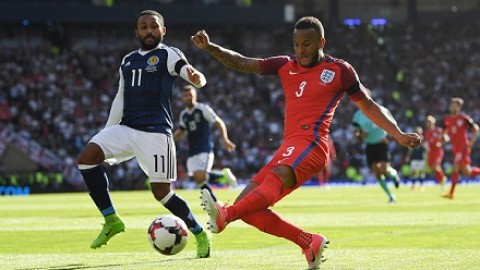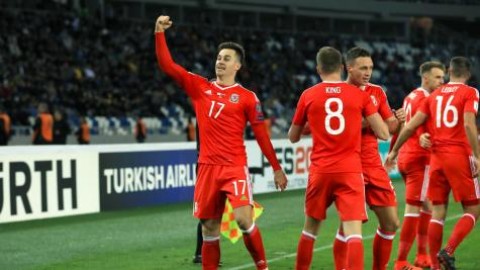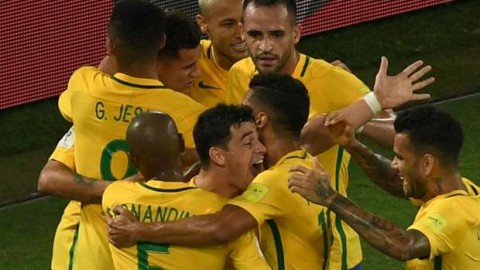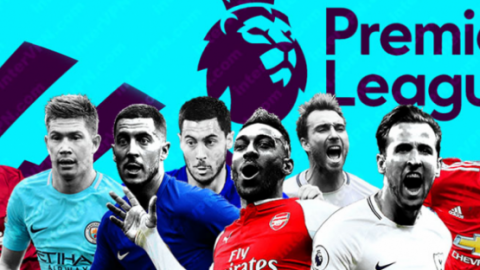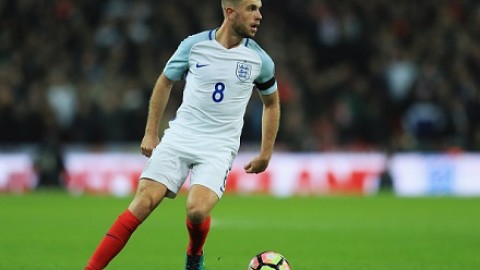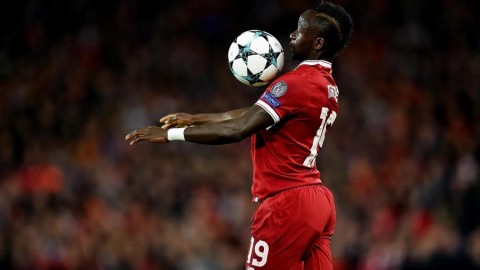Are you aware of the latest FIFA rules as passed by the International Football Association Board?
Having watched the most recent games starting with the first ball touch involving Manchester City vs Liverpool FA community Shield Cup match, you must have seen how the pitch seem to be marred by a tone of confusion.
This is due to the new FIFA football rules introduced at the beginning of 2019/20 football campaigns.
Players are well aware of the rules and fans may feel that their team was not given the free kick or a goal they really deserved, owing to these new FIFA laws.
With the introduction of VAR and now the new laws, football games are set to be a bit different. For instance on 17th August 2019 in a match featuring Manchester City vs Tottenham, Gabriel Jesus had his goal canceled despite having been taken on-sight.
What are the new FIFA football rules? How are the new football rules by FIFA going to be effected in the modern world of football?
It is slowly sinking into the football system and considering that they are a batch of simple stuff to take, understanding and coping up with the new FIFA football rules will be a non-issue.
Here are the latest football laws taking effect from this 2019/20 football campaigns all over the football world.
FIFA dropped ball Law changes; FIFA Law 8&9
Once Play is stopped inside the penalty box, the ball should be played by the goalkeeper.
If stopped outside the penalty area, the advantage goes to the player who had touched it last. Once awarded to the player with the last touch, all other players must keep at least a 4m away distance from the ball.
If the ball touches a referee or any other official favors any of the playing teams by increasing the team’s possession or creating a scoring opportunity, a dropped goal must be awarded in accordance to the ball drop rules.
This rule solves the previous problem of having manufactured restarts which are associated with aggressive confrontations or unfair exploitation of opportunities by the lucky team.
It has been unfair seeing teams scoring from created advantage by the referee, other officials or from unfairly dropped balls.
Free Kicks Law change- FIFA law 13
In the event that we have a wall of three defenders, the attacking players are not allowed to be within 1 yard from the wall. Once an attacking player is within 1m from the wall, an indirect free kick will be awarded to the opponent team.
A taken free-kick can be played once kicked and does not have to leave the penalty area to be in play, any advancement by the opponent team to win the ball will be considered okay.
On the wall distance issue, this FIFA new rule is meant to improve the image and spirit of all games by ensuring that there are no management problems and wastage of time resulting from attacking players forcing their way to break the wall through unfair tackles.
Goals celebration rule change- FIFA law 12 change
Players will still get a yellow card for any instance of illegal goal celebration like removing shirts. This applies even if the goal is canceled. The law ensures safety and uplifting of the game’s image.
FIFA Law 16: Goal Kick rules change
The ball is in play as soon as a free kick is taken even if it’s within the penalty area.
This has resulted in some positive improvements as now the restart is quite fast and highly constructive thus increasing the match intensity and fun for fans to watch.
The defender is not allowed to play the ball before it leaves the penalty area in a bid to get some minutes lost, as this will result in a goal kick retake.
Opponents must remain outside the penalty area until the ball is in play and defenders of the goal kick taking team can be within the penalty area or even near their goal line but exit once the ball is played.
Penalty rules change under FIFA law 14
A penalty taker can have some quick treatment/ assessment before taking a penalty.
The goalkeeper must not be moving around touching the goalposts, crossbar or net when preparing for the penalty, therefore, the referee shouldn’t blow the penalty whistle before a goalkeeper is fully settled. This allows some level of composure from the goalkeeper.
Finally, when a penalty is being taken, at least a part of one of the keeper’s feet must be aligned to the goal line not behind or in the front the goal line.
Change on substitution law- FIFA law 3 change
A substituted player must leave the pitch through the nearest point of exit, maybe goal line or touchline.
This applies lest the referee authorizes exit from the halfway line due to the player’s safety or in an instance of injury.
Team officials to be subject to yellow cards and Red cards
A team’s official found guilty of an offense will be shown the yellow card as a warning or get sendoff by being shown a Red Card.
The senior coach within a technical area may receive any of the cards in case the official having committed an offense cannot be identified.
Quick free-kick
In case a referee is about to give a yellow or Red card and the non-offending team takes a goal-scoring opportunity creating free-kick, the referee should wait till the next stoppage to execute his punishment on the foul committer.
NB: These are the latest and most important new laws introduced into the game as retrieved from FIFA’s Law update portal.
